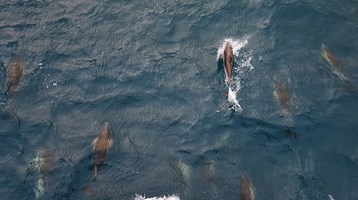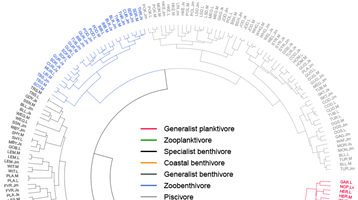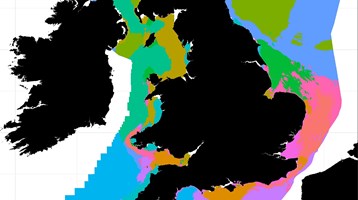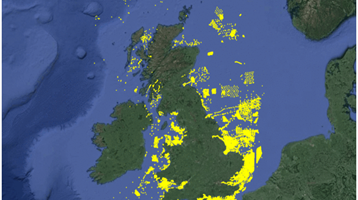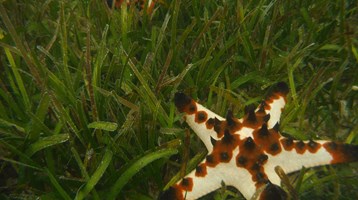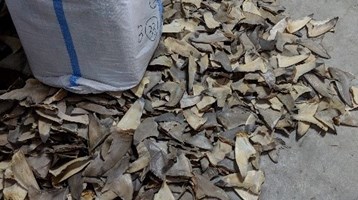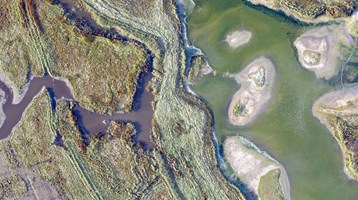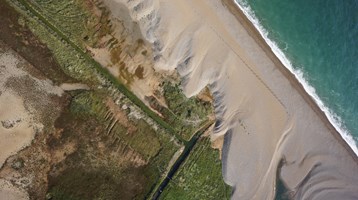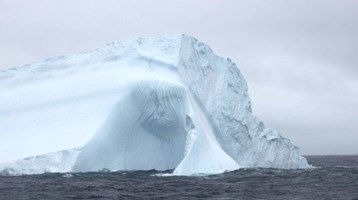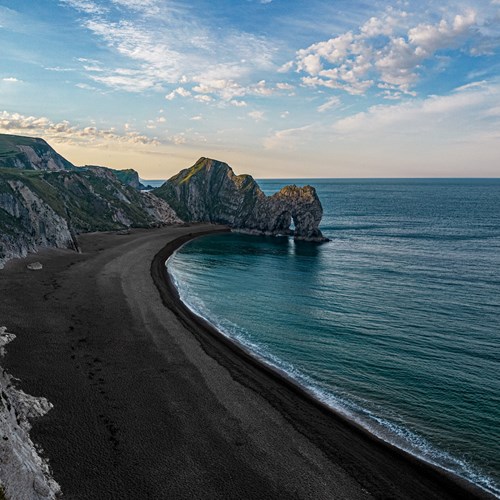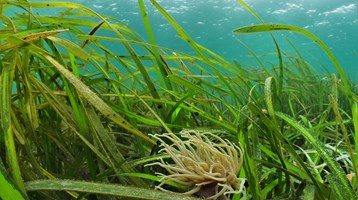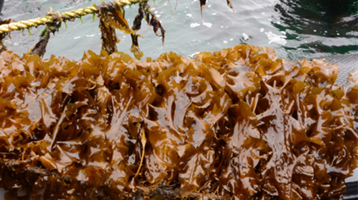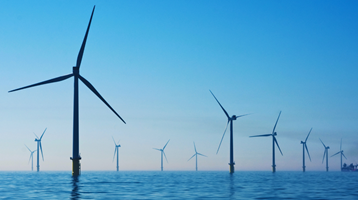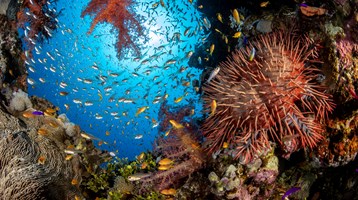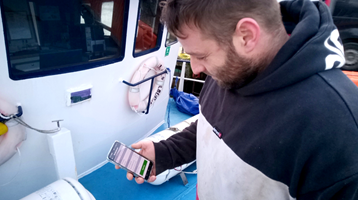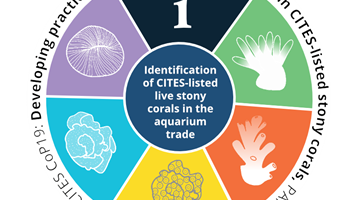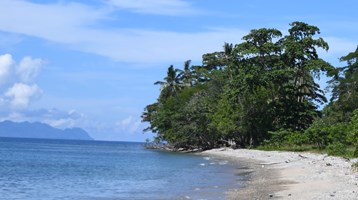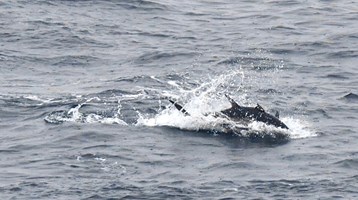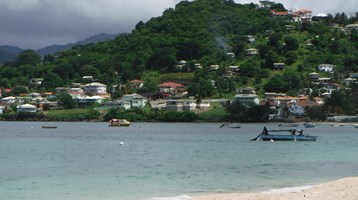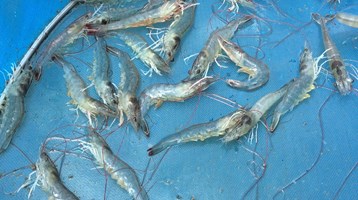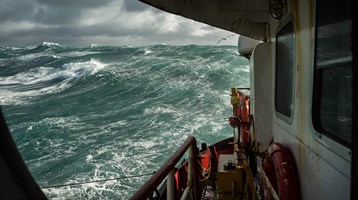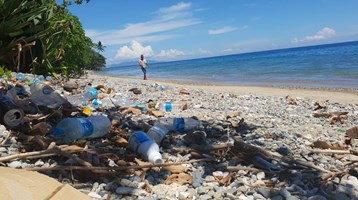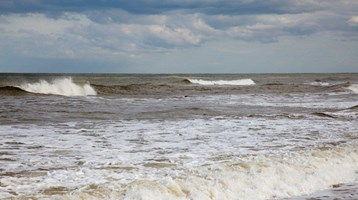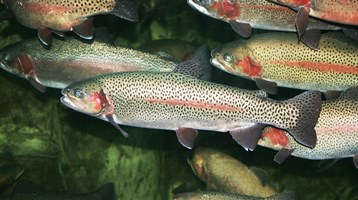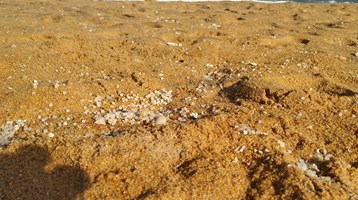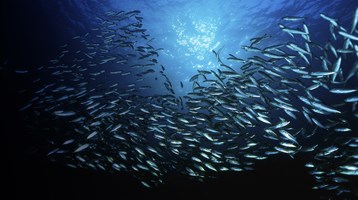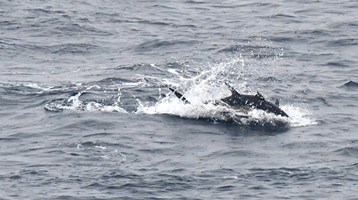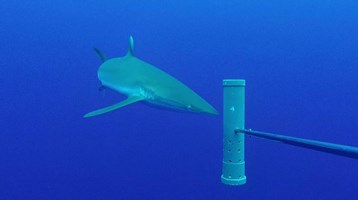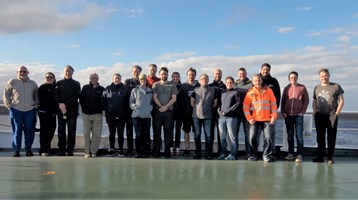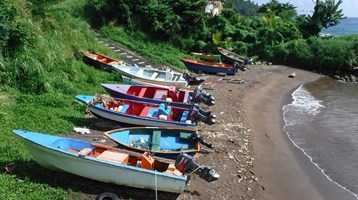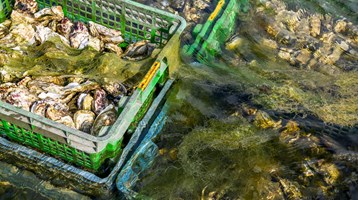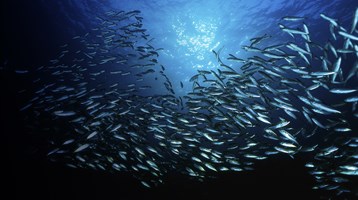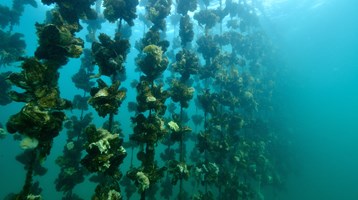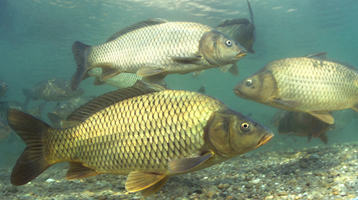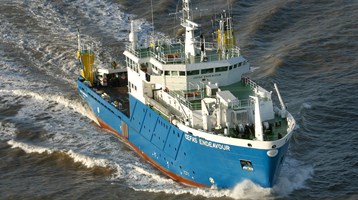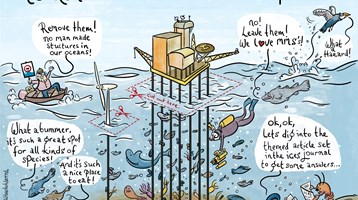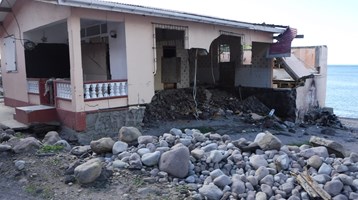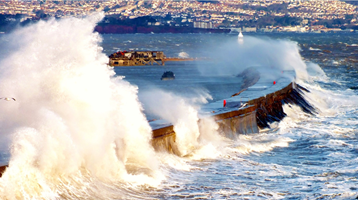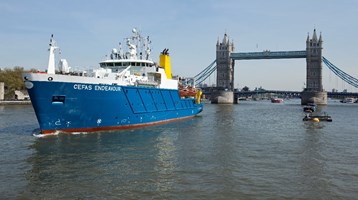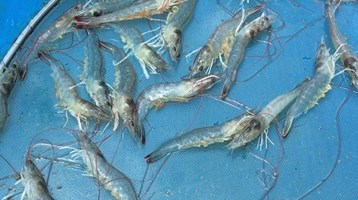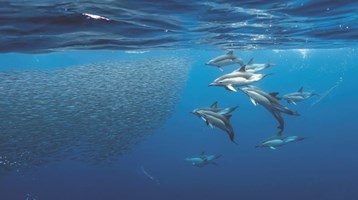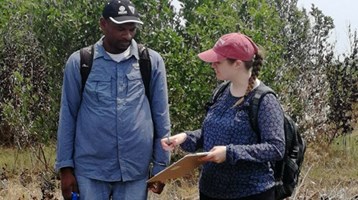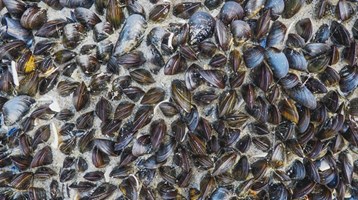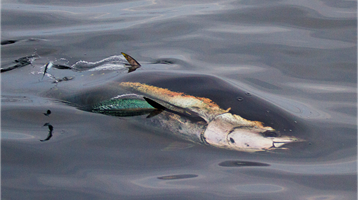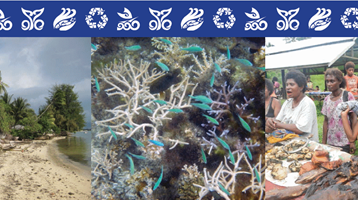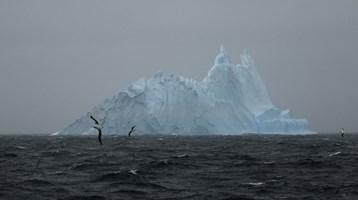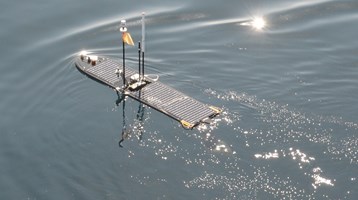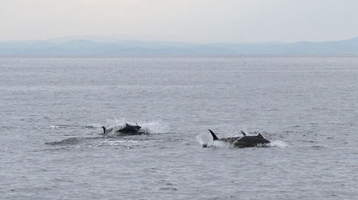New Cefas report supports Cayman Islands to tackle impacts of marine climate change
3 March 2023
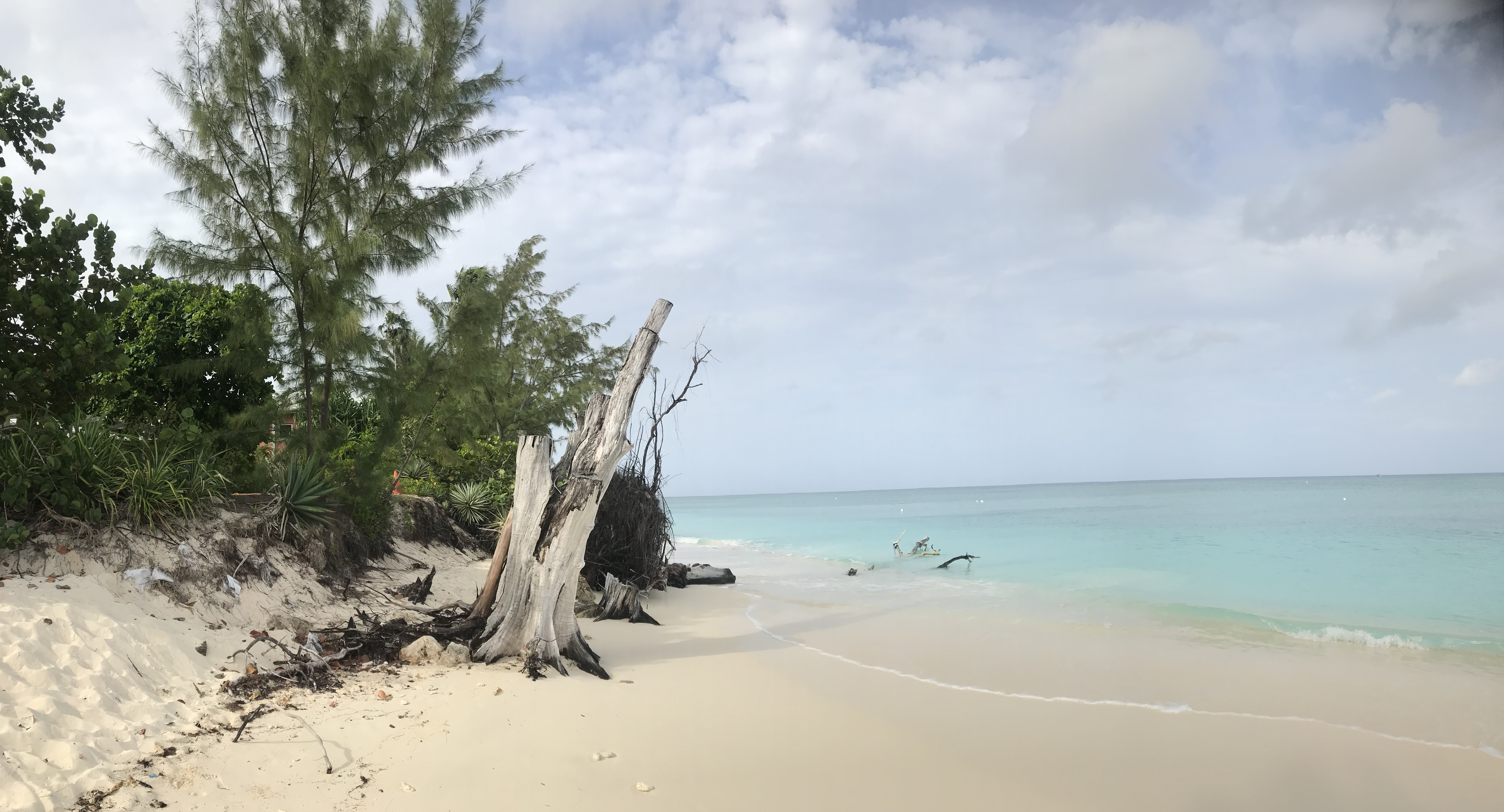
The UK Overseas Territory of the Cayman Islands will be better prepared to respond to the impacts of climate change, thanks to a new report supported by Cefas.
Launched in 2021 by the Cayman Islands Government in partnership with the Centre for Environment, Fisheries & Aquaculture Science (Cefas) and the UK Centre for Ecology and Hydrology (UKCEH), the Climate Change Risk Assessment is one of the most comprehensive assessments of the climate change risks and opportunities facing the Cayman Islands to date.
Situated in the western Caribbean Sea, the Cayman Islands comprise the three islands of ‘Grand Cayman’, ‘Cayman Brac’ and ‘Little Cayman.’ Tourism and the finance sector represent over half of GDP, with tourists and divers drawn to the Island’s marine life, clear water, and pristine beaches.
However, while Caribbean countries and territories contribute less than 0.1% to global greenhouse gas emissions, they will be amongst the worst affected by climate change. Data suggests that in the Cayman Islands, the frequency and intensity of tropical cyclones, and warmer air and sea temperatures are already being felt.
The Cayman Islands Climate Change Risk Assessment (Summary) and Cayman Islands Climate Change Evidence Report are the outcome of several Cefas led workshops in May 2022, where stakeholders representing more than 30 public and private organisations, reviewed and identified 50 risks posed by climate change to the country’s current and future needs, and highlighted opportunities for increasing climate resilience.
The findings will provide an important evidence base for updating the Cayman Island’s national climate change policy, a five year plan aimed at tackling and adapting to the impacts of climate change.
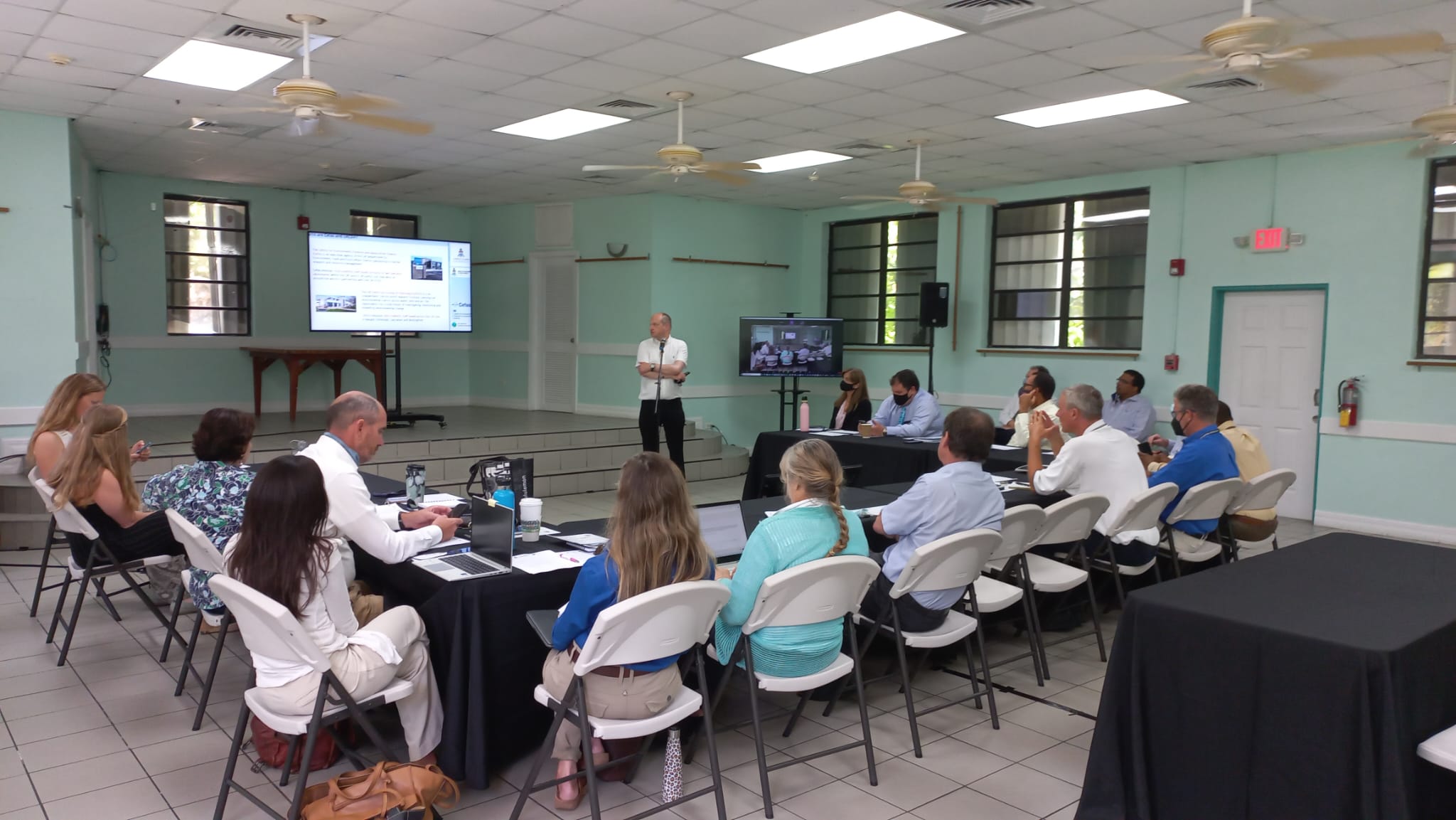
Dr John Pinnegar, Lead Advisor on Climate Change and Director of the International Marine Climate Change Centre at Cefas said:
“It’s been really rewarding to bring together government representatives, technical experts, and stakeholders from across the country to work on the Climate Change Risk Assessment. It also builds on previous Cefas work under the Marine Climate Change Impacts Partnership (MCCIP) looking at ocean and marine climate change threats facing the UK Overseas Territories.”
“The Cayman Islands will face many challenges in the future, including more frequent coral bleaching events, changes to the abundance and distribution of key fishery species – this assessment will help the Government identify the most pressing risks in order to build resilience,” he added.
Premier and Minister for Sustainability & Climate Resiliency for the Cayman Island’s Government, Hon. Wayne Panton, said:
“We know small island nations like the Cayman Islands are the figurative ‘canaries in the coalmine’ for the existential threats posed by climate change. Initiatives like the Climate Change Risk Assessment and development of an updated national Climate Change Policy are essential to ensuring our community can navigate the ongoing and anticipated challenges of a warming world while balancing our environment, economy and society.”
Of the 50 risks analysed, 18 were considered ‘severe’ based on a combined review of seriousness, urgency, and confidence of available scientific data. Of the 18 severe risks, nine were related to the economy and society, and nine related to biodiversity and habitats.
Severe risks included impacts to marine species such as; sea turtles and corals, loss and damage to natural habitats; disruption to the energy sector; and damage and inundation of key infrastructure such as sewerage systems, roads, airports, coastal settlements, ports and shipping traffic.
Some benefits identified included a potential decrease in mosquito populations and associated illnesses (e.g., zika, dengue and chikungunya), and a reduction in certain strains of harmful algae that are associated with ciguatera fish poisoning.
It is expected that the climate change new policy will be implemented by the Cayman Island Government over the course of 2023/2024 once Cabinet and public consultation has been completed.
A microsite to host the Climate Change Risk Assessment documents can be found here.
Related to this article
Topic
Case studies
People
News
Further Reading


Working for a sustainable blue future
Our Science


